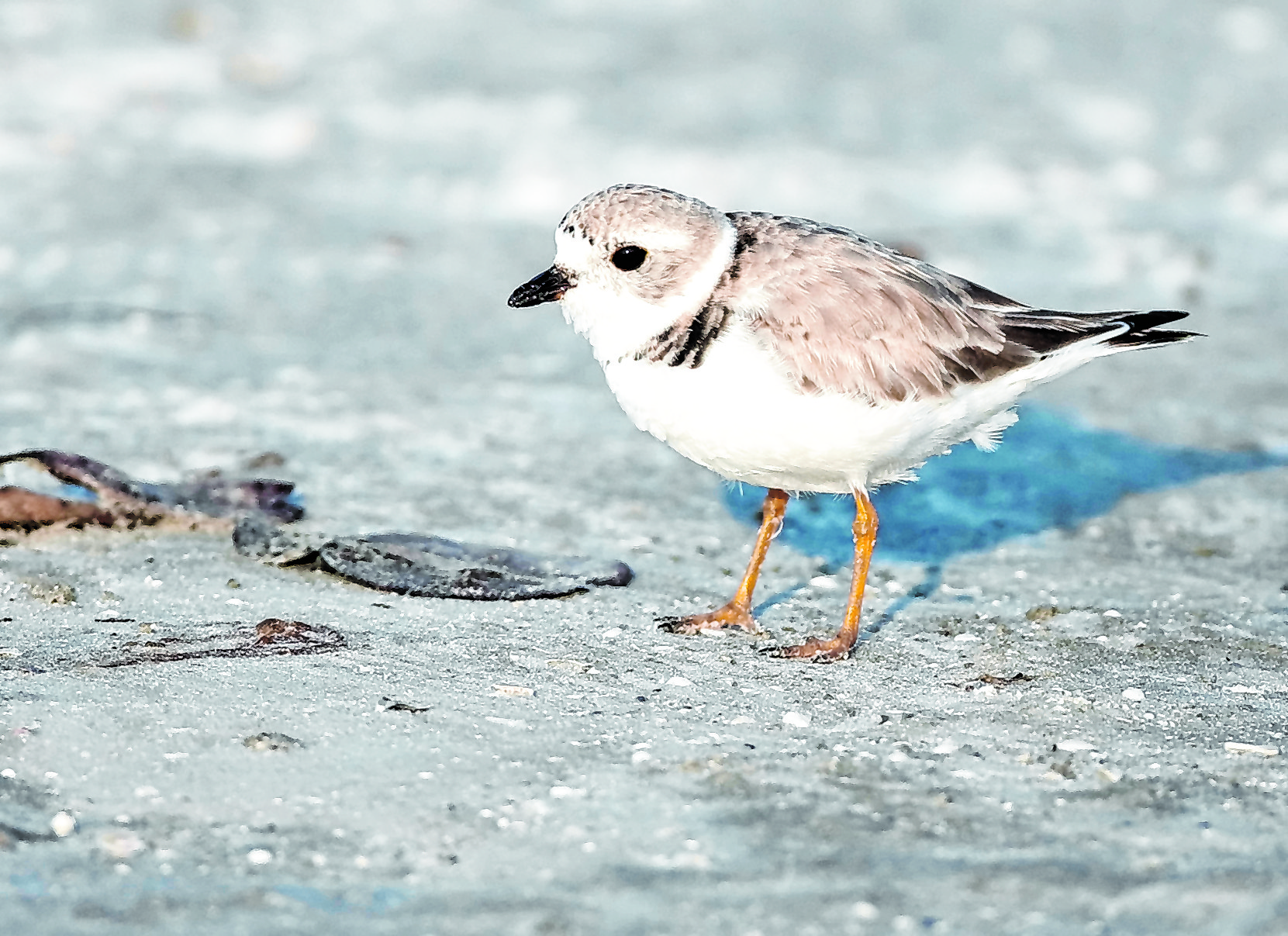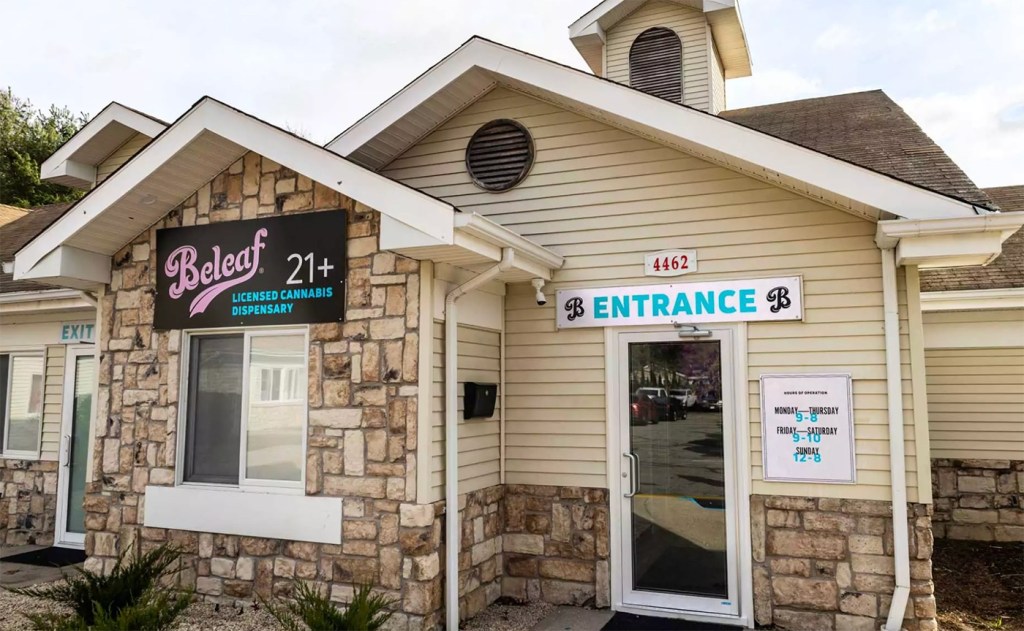Interspecies: A Judge in Albany Meets with a Southampton Piping Plover

I believe there has been a meeting between the leader of the endangered piping plover birds of eastern Long Island and a group of three judges up in Albany.
I can’t exactly prove it. The meeting was surely held in secret. But there is considerable circumstantial evidence on the table. Remember you read this first in Dan’s Papers.
The topic of the meeting was driving on the beach. And the goal was to put an end to that activity in two specific locations, Picnic Beach in Southampton and Truck Beach in Amagansett. It is at these two places that particularly on Saturdays in the summertime, people drive 4x4s onto the sand and proceed to surf cast, have picnics, go swimming and sunbathing and generally have a good time. In large numbers.
Pressure on the judge and on the leader of the piping plovers has been building in recent years, brought to their attention by homeowners who, more than a century after locals began using the beaches, built beachfront homes facing this problem on Saturdays in the belief that someday they could persuade somebody, man or beast, to make it illegal for people to engage in that horrible activity directly in front of their patios and decks.
It must be said that each of these beaches poses a different problem for certain reasons. One reason is their names. Although people do the same thing on both beaches, the activity is deemed “Truck” on one beach and “Picnic” on the other. What might be an easier accomplishment because it’s Truck Beach, is, in fact, a tougher accomplishment when you’re dealing with Picnic Beach.
The other reason is that the two beaches are in different jurisdictions. Truck is in East Hampton. Picnic is in Southampton. So there are different bureaucrats to deal with in each.
Thus, the meeting.
I believe it took place in March. By that time, legal action against the town of East Hampton had been brought by the people whose homes face Truck Beach, saying a lapse in the transfer of a deed 100 years ago nullified the town’s right to have vehicles on their beach. In the lower courts, the town had prevailed. But now there was this higher court in Albany to which the matter had been appealed to a five-judge panel. The matter was hanging in the balance.
We have one page of the transcript of this meeting. It is labeled page 5. And it washed up on the beach in Sagaponack the other day, wet and faded but still legible.
Judge: “We’re about to overrule the lower court rulings. Trucks will no longer be allowed on this beach in Amagansett.”
Plover: “Cheep, cheep cheep?”
Judge: “It’s all in how you read that hundred-year-old deed. Lower courts had ruled that the local people in East Hampton still have the right to that beach for carts and vehicles and trucks from an original patent from the king of England in 1882.”
Plover: “Cheep?”
“We don’t read it that way. So trucks will not have the right to go on that beach anymore.”
“Cheep, cheep, cheep!!”
“What can you do? We need your help in Southampton. Telling the locals they can’t have family picnics there is not going to fly. And we don’t have any lawsuit anybody has brought up. That’s why we wanted to talk to you, er, people.”
“Cheep?”
“Hold your horses. I’m about to tell you. Of course you know the law about endangered species and how they need to be protected.”
“Cheep.”
“Anywhere along the beach where you folks build a nest to hatch and then raise your young, the environmentalists build fences around it to keep humans away and thus protect you.”
“Cheep?”
“What we want you to do is build a nest at the head of the entry road to Southampton’s Picnic Beach.
“Cheep, cheep.”
“There’s only this one spot where the trucks go on the beach and get off. It’s at—where is it, Marty?—Jimmy Aery Way just before the end of the peninsula. We’d like you to get some volunteers among you plover people to go out and build some nests there. The environmentalists—they’re all over the place—will put up a snow fence all around. It will block the trucks trying to get out there to, er, picnic. Can you do that?”
“Cheep!!”
“Great!”
“Cheep, cheep, cheep?”
“No, there is no compensation for this. No birdfeed. No moola. Just think of it this way: If you can block the entrance to the beach there, and we can get East Hampton to put a sign up at the Truck Beach entrance, we will be on our way to getting all the vehicles off all the beaches where people who built houses later can not have to look out at trucks. Or picnics. Kapeesh?”
“Cheep?”
“Yeah, right away. It’s March.”
“Cheep, cheep, cheep, cheep, cheep!!”
“Great!”
* * *
So there you have it. Two weeks ago, the Town of East Hampton put up a sign at Truck Beach saying no driving on the beach. Then last week, environmentalists put fencing up around three couples and their newly hatched eggs in their nests at Picnic Beach in Southampton, with signs posted on the fencing warning people not to enter because the area’s breeding birds, nests and eggs are protected under federal law (16 U.S.C. 703). The sign read: “Persons may be arrested and fined for killing, harassing or in any way disturbing these birds.”
Offenders in East Hampton Town can be fined up to $25,000 or serve up to six months of jail time.
This is a triumph. The first known collaboration between those on the top of the food chain and those about three-quarters of the way down. Yes. You read this in Dan’s Papers first.



